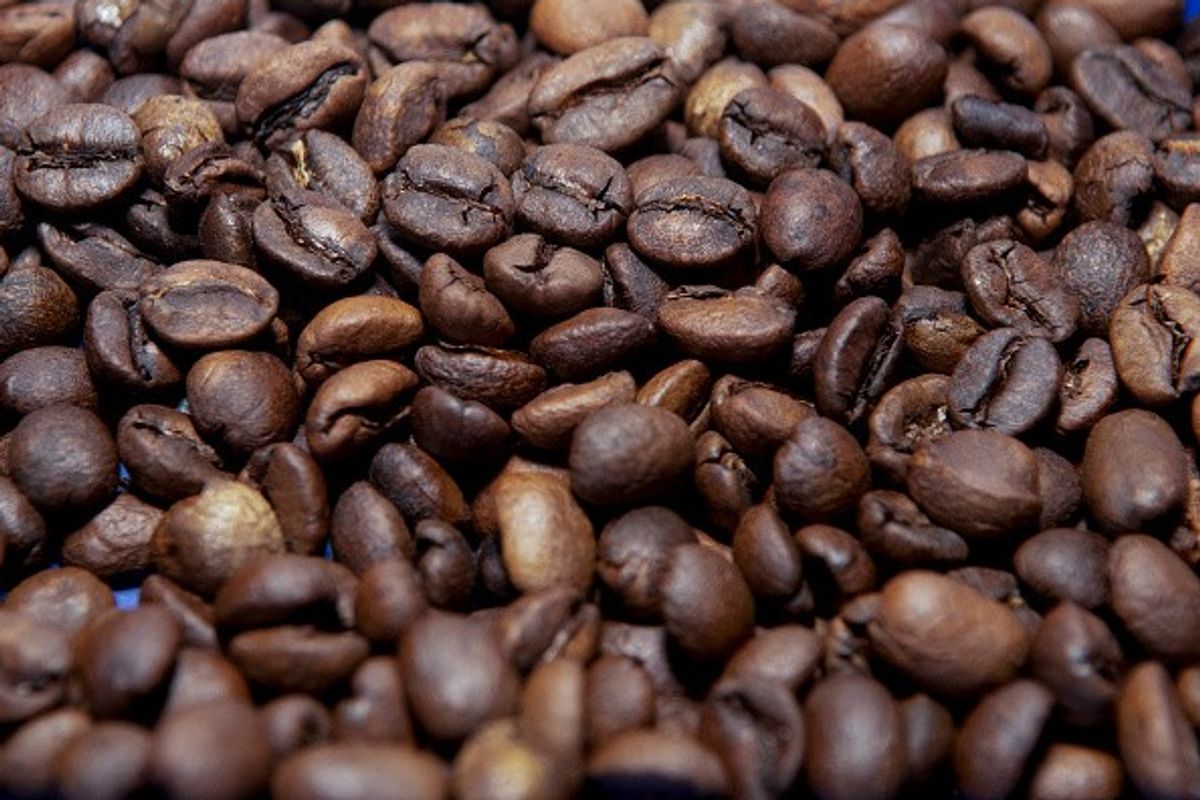Coffee drinkers may soon see their morning treat get more expensive, as the price of coffee on international commodity markets hit its highest level on record today (10).
The price for Arabica beans, which account for most global production, topped £2.70 a pound (0.45kg), having jumped more than 80 per cent this year. The cost of Robusta beans, meanwhile, hit a fresh high in September.
It comes as coffee traders expect crops to shrink after the world's two largest producers, Brazil and Vietnam, were hit by bad weather and the drink's popularity continues to grow.
One expert told the BBC coffee brands were considering putting prices up in the new year.
While in recent years major coffee roasters have been able to absorb price hikes to keep customers happy and maintain market share, it looks like that's about to change, according to Vinh Nguyen, the chief executive of Tuan Loc Commodities.
"Brands like JDE Peet (the owner of the Douwe Egberts brand), Nestlé and all that, have [previously] taken the hit from higher raw material prices to themselves," Nguyen told BBC.
"But right now they are almost at a tipping point. A lot of them are mulling a price increase in supermarkets in [the first quarter] of 2025."
Late last month, Nestle confirmed it would continue raising prices and making packs smaller to offset the impact of higher bean prices. At an event for investors in November, a top Nestlé executive said the coffee industry was facing "tough times", admitting his company would have to adjust its prices and pack sizes.
"We are not immune to the price of coffee, far from it," said David Rennie, Nestlé's head of coffee brands.
Coffee is one of the most traded commodities in the world, and demand has been on the rise, boosted by growing consumption in China. However, there is only a handful of producer countries to meet this demand. The key producers include Brazil, Vietnam, Colombia, Indonesia, and Ethiopia, all tropical countries that are very much impacted by climate change.
Brazil experienced its worst drought in 70 years during August and September, followed by heavy rains in October, raising fears that the flowering crop could fail. The Houthi attacks in the Red Sea have also contributed to the uncertainty and fuelled price hikes as they affect shipments.


